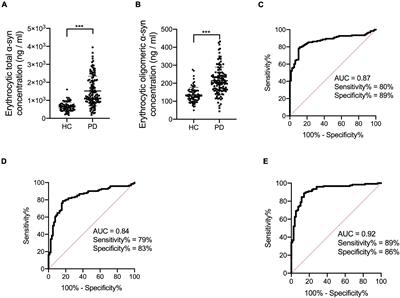ORIGINAL RESEARCH
Published on 01 Aug 2022
Intraneuronal sortilin aggregation relative to granulovacuolar degeneration, tau pathogenesis and sorfra plaque formation in human hippocampal formation
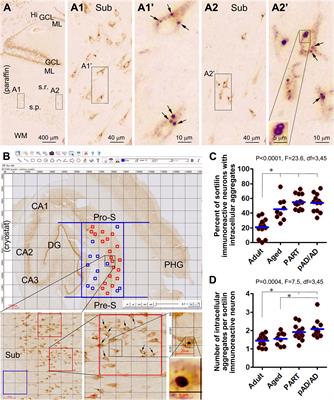
doi 10.3389/fnagi.2022.926904
- 2,924 views
- 6 citations
12k
Total downloads
43k
Total views and downloads
ORIGINAL RESEARCH
Published on 01 Aug 2022

SYSTEMATIC REVIEW
Published on 26 Jul 2022
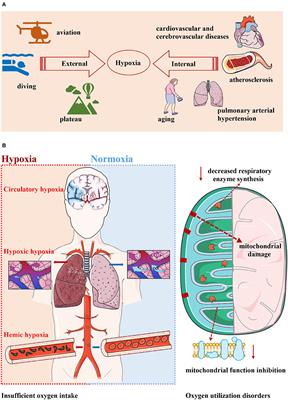
ORIGINAL RESEARCH
Published on 26 Jul 2022
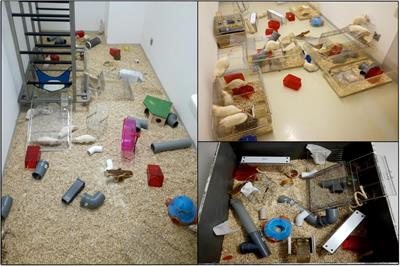
REVIEW
Published on 18 Jul 2022
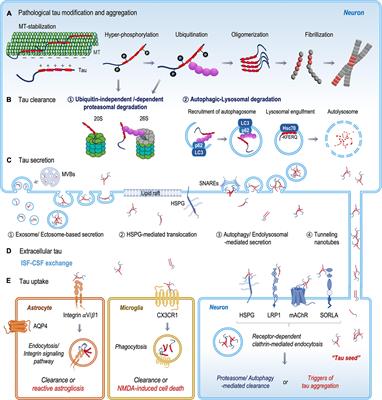
REVIEW
Published on 24 Jun 2022
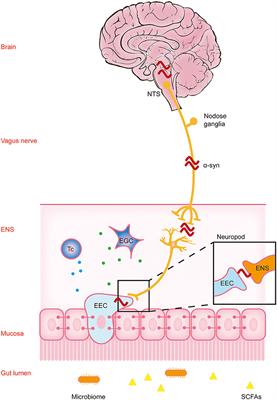
ORIGINAL RESEARCH
Published on 22 Jun 2022
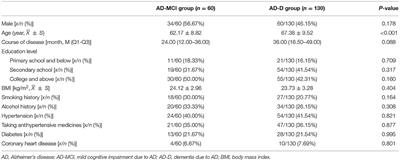
ORIGINAL RESEARCH
Published on 16 Jun 2022

SYSTEMATIC REVIEW
Published on 26 May 2022
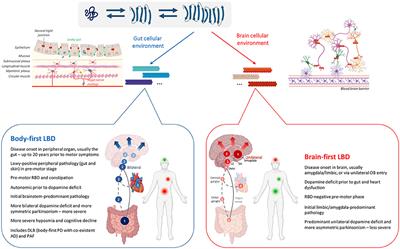
ORIGINAL RESEARCH
Published on 08 Apr 2022
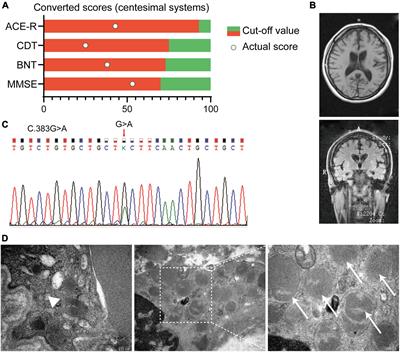
ORIGINAL RESEARCH
Published on 28 Feb 2022

ORIGINAL RESEARCH
Published on 03 Feb 2022
